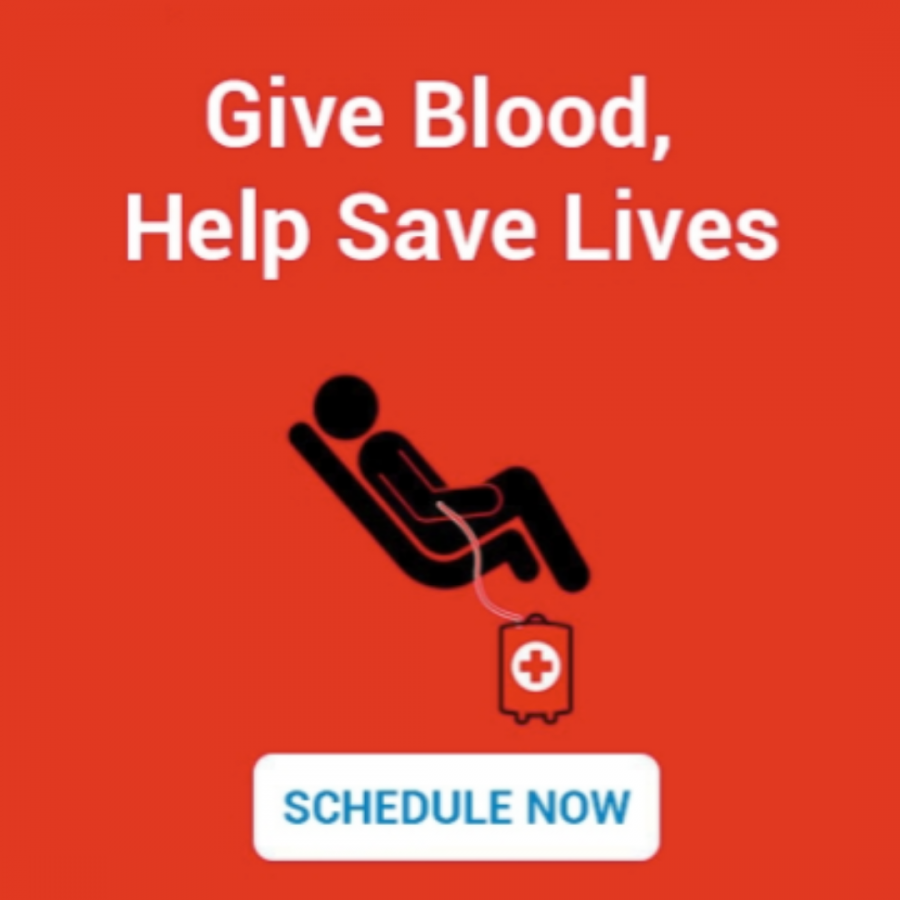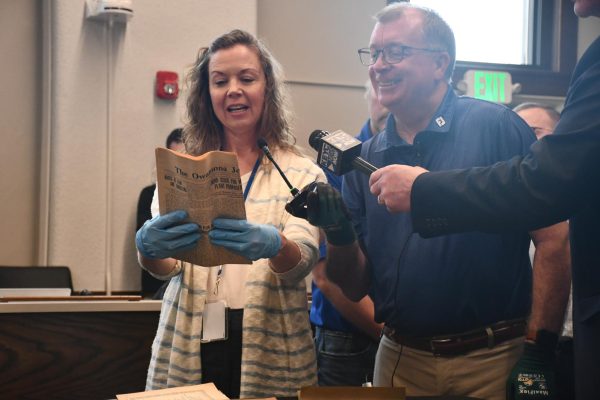Red Cross appreciation
April 6, 2020
The American Red Cross Organization began in 1881 with the mission to help those in need. The importance of spreading awareness to the Red Cross is more vital now than ever. The American Red Cross asks everyone to help out in their community by becoming a volunteer, learning volunteer skills, giving blood or donating to the Red Cross. Many community blood drives and Red Cross events have been cancelled in an attempt to reduce the spread of COVID-19.
The Red Cross provides disaster relief across the world, responding to an emergency every eight minutes. Gail McGovern, president and CEO of the American Red Cross said, “We are proud to honor our volunteer heroes who are there day and night to help families who have experienced emergencies.” The Red Cross is always searching for new volunteers; people of all ages are welcome to help. Volunteers can help by working at blood drives, teaching community classes and helping with disaster services. According to the Red Cross website “25 percent of volunteers are age 24 or younger” Red Cross Month is celebrated to help raise awareness and grow their volunteer base. The Red Cross provides emergency and nonemergency services worldwide.
The American Red Cross is known especially for blood donation. Every year at OHS, there are Red Cross hosted blood drives, these drives happen twice a year with the next one being on Wednesday, April 8. Junior Téa Boerner volunteered at the October blood drive here at OHS when asked about the importance of raising awareness for Red Cross she said, “There are a lot of people from OHS who like to donate blood. The more people who come in and donate blood the more we can save people.” According to the American Red Cross, every two seconds someone in the U.S needs blood. Hospitals are in need of more blood donations to help treat surge of new COVID-19 patients as well at others who may need it. As of March 23, over 7,000 blood drives have been canceled, resulting in 200,000 fewer blood donations according to The American Red Cross.






